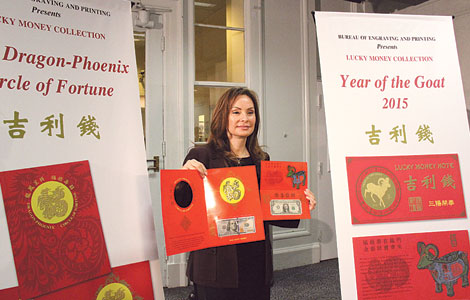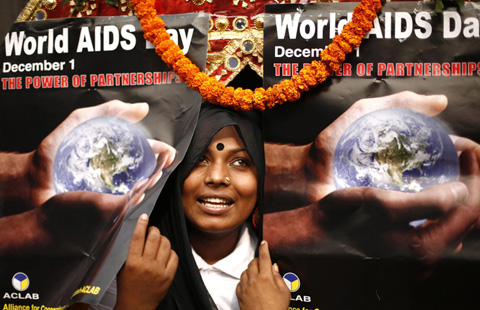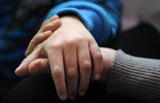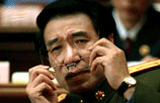Ebola costs Liberia, Guinea, Sierra Leone $2 billion
Updated: 2014-12-03 09:38
(Agencies)
|
||||||||
WASHINGTON/MONROVIA - The World Bank on Tuesday pledged further assistance to Liberia, the country worst hit by Ebola, and revealed that the epidemic would cost more than $2 billion across the region, causing once-booming economies to slow down or shrink.
The report comes as the World Bank Group's president, Jim Yong Kim, begins a two-day visit to West Africa to discuss ways of addressing the outbreak, which has already killed more than 6,000 people in Guinea, Liberia and Sierra Leone.
After a meeting with Liberian President Ellen Johnson-Sirleaf in Monrovia, Kim promised additional support to Liberia in the healthcare, infrastructure and agricultural sectors over the next 18 months.
He said the World Bank, which has already given $200 million to the country, was working with the International Monetary Fund and the African Development Bank on preparing "several tranches of budget support" for the country.
Also on Tuesday, the bank sharply revised down its 2014 and 2015 economic growth estimates for Sierra Leone and Guinea from its previous analysis in October, but said the outlook for Liberia was improving slightly.
This year, Liberia's gross domestic product growth will be just 2.2 percent, compared with the 2.5 percent forecast in October and 5.9 percent before the Ebola crisis. In Sierra Leone, growth is now forecast at 4 percent, down from 8 percent in October and 11.3 percent pre-crisis, the World Bank said.
Guinea will grow just 0.5 percent, compared with the 2.4 percent forecast in October and 4.5 percent pre-crisis. For 2015, it now forecasts Sierra Leone and Guinea's economies will both shrink by 2 percent and 0.2 percent respectively.
In Liberia, "where there are signs of progress in containing the epidemic and some increasing economic activity", the bank increased its 2015 GDP growth estimate to 3.0 percent, up from 1.0 percent in October, but still less than half the pre-crisis estimate of 6.8 percent.
Despite foreign aid, poor health systems and infrastructure have hampered the fight against the worst outbreak of Ebola on record.
Medical Charity Medecins Sans Frontieres said on Tuesday that the international response to the epidemic still fell short, calling it "sluggish and patchy."
"We must avoid a "double failure" situation whereby the response is slow in the first instance and ill-adapted later on," the report said.

 US jeweler goes after China's love of diamonds
US jeweler goes after China's love of diamonds
 US Treasury 'Lucky Money' Honors Year of the Goat
US Treasury 'Lucky Money' Honors Year of the Goat
 China-US Internet Forum in DC
China-US Internet Forum in DC
 World AIDS Day marked around the world
World AIDS Day marked around the world
 Chinatown told through photos of peoples' rooms
Chinatown told through photos of peoples' rooms
 Creative products by Palace Museum
Creative products by Palace Museum
 Group wedding before setting sail
Group wedding before setting sail
 Guangzhou zoo is home to five generations of koalas
Guangzhou zoo is home to five generations of koalas
Most Viewed
Editor's Picks

|

|

|

|

|

|
Today's Top News
Database to track Chinese fugitives overseas
Foreign firms set for tougher tax scrutiny in China
China's Wanda Group in talks to buy Lions Gate stake
China-US Internet Forum in DC
Sanya resort unveils Tesla charging stations
Using the present to preserve the past
Chinese investors helping build major US road link
Chinatown told through photos of peoples' rooms
US Weekly

|

|








